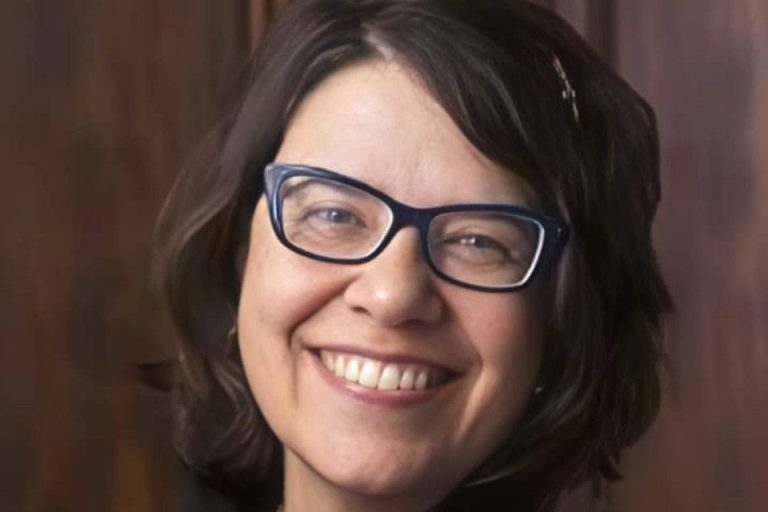The Massachusetts Institute of Technology (MIT), a private research university in Cambridge, Massachusetts, offers science journalists worldwide the opportunity to deepen their expertise and pursue ambitious, self-directed projects, has opened applications for the 2026-2027 Knight Science Journalism Fellowship.
The 2026–2027 fellowship cycle opened on November 15, 2025, with submissions expected to close on January 9, 2026.
Each year, the Knight Science Journalism (KSJ) programme selects 10 exceptional journalists for a nine-month residential fellowship in Cambridge, Massachusetts. The programme provides unparalleled access to world-class research institutions, leading scholars, and a dynamic community of innovators in science and technology. Fellows spend the year broadening their knowledge, refining their craft, and engaging deeply with emerging issues in science communication.
A defining feature of the fellowship is the opportunity to undertake a passion-driven research project. Past fellows have developed long-form narratives, produced multimedia investigations, conducted research for book proposals, and explored new scientific fields. KSJ supports this work through regular check-ins, mentorship, and an end-of-year presentation series, with many projects later published as articles, books, or podcasts.
The programme combines structured and self-directed learning, beginning with a rich calendar of seminars led by top scientists and seasoned media professionals. Fellows also embark on field trips to institutions such as the Woods Hole Oceanographic Institution, the Jackson Laboratory, and the Harvard Forest, experiences designed to spark story ideas and strengthen scientific understanding. Hands-on workshops help participants expand technical skills in areas like mobile video, data journalism, photography, and digital editing.
Beyond workshops and field visits, fellows may audit courses at MIT, Harvard, and other local universities. With the requirement to take at least one science course each semester, journalists enjoy considerable flexibility in designing a study plan that aligns with their interests. The programme also hosts regular social gatherings, fostering a strong sense of community among the cohort. Many fellows describe this environment of collaboration and intellectual exchange as one of the fellowship’s greatest benefits.
The fellowship offers an $85,000 stipend disbursed over 9.5 months, along with additional support for travel, housing, and basic health insurance for fellows and their families. Eligible applicants must be full-time journalists with at least three consecutive years of experience covering science, health, technology, or environmental issues. The programme accepts reporters, editors, producers, illustrators, photojournalists, and filmmakers working in print, broadcast, or digital media. Applicants who have completed fellowships of four months or longer in the past two years are not eligible.
KSJ aims to recognise journalists who demonstrate excellence, commitment, and a passion for advancing public understanding of science. Interested individuals are encouraged to apply early and reach out with questions via the programme’s dedicated email address.
For more information, please visit: https://ksj.mit.edu/fellowships/academic-year-fellowship/.





